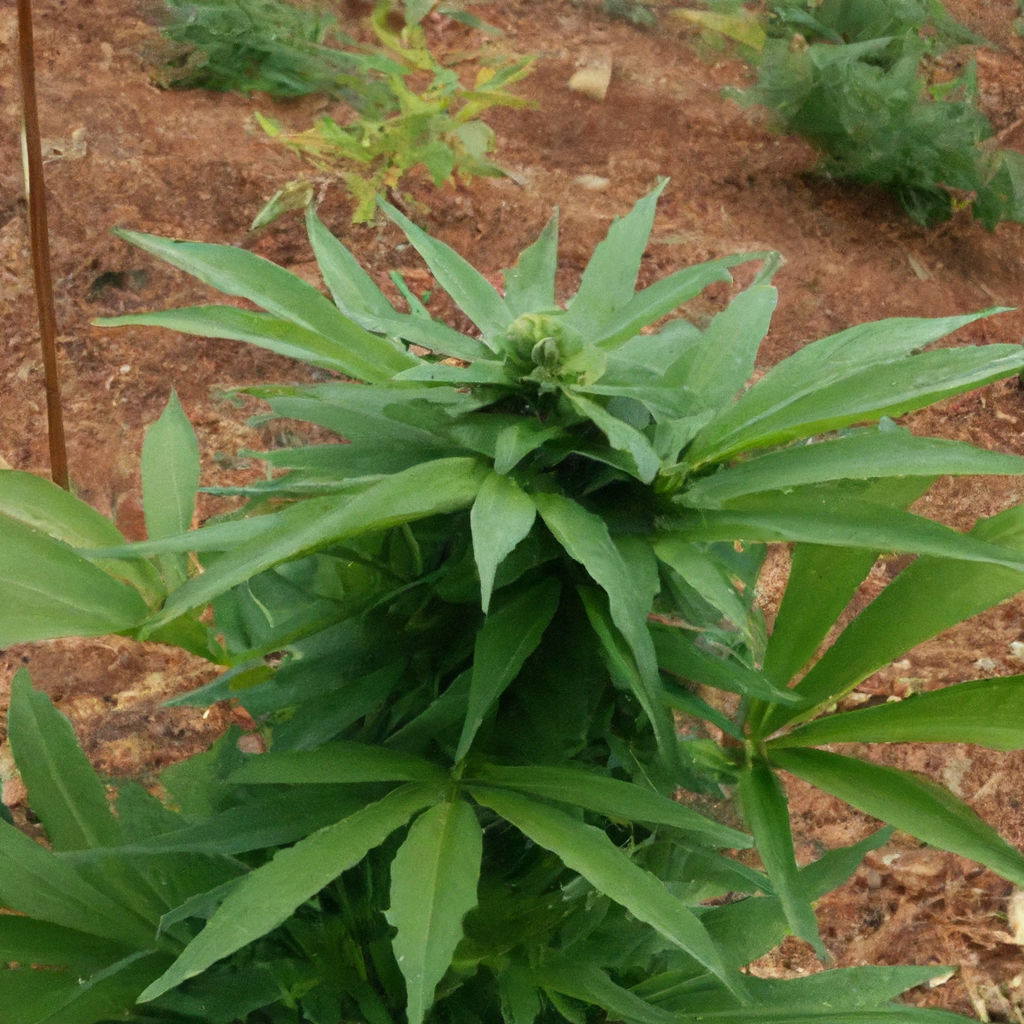Your cart is currently empty!
In the world of cannabis cultivation, the organic approach offers a blend of sustainability, environmental stewardship, and superior product quality. Organic cannabis growing eschews synthetic chemicals in favor of natural fertilizers, composting, and eco-friendly pest management practices. For growers and consumers alike, the benefits of organic cannabis are numerous and noteworthy. Let’s dive into the best practices for cultivating cannabis organically.
Nourishing the Soil: Building a Healthy Ecosystem
At the heart of organic cannabis cultivation is the soil itself. Creating a thriving soil ecosystem encourages the growth of microorganisms that facilitate nutrient absorption and plant health. Here’s how to start:
- Composting: Incorporate homemade or organic store-bought compost. It enriches the soil with essential nutrients and improves its structure.
- Crop Rotation: Rotating cannabis with other plants enhances soil fertility and prevents disease buildup.
- Cover Crops: Use plants like clover or vetch as cover crops to fix nitrogen in the soil, reduce erosion, and suppress weeds.
Feeding Naturally: Utilizing Natural Fertilizers
Natural fertilizers provide the nutrients cannabis needs without relying on synthetic additives. Common organic fertilizers include:
- Bone Meal: A great source of phosphorus and calcium, essential for flowering.
- Fish Emulsion: Rich in nitrogen, it’s perfect for the vegetative growth stage.
- Seaweed Extract: Offers a wide range of trace minerals, improving resistance to environmental stress.
Sustainable Pest Control Techniques
Organic pest management focuses on prevention and balance to minimize infestations. Here’s how to maintain a healthy garden:
- Companion Planting: Encourage biodiversity by planting herbs or flowers like marigolds, which deter pests naturally.
- Neem Oil: Derived from the neem tree, this oil is effective against a variety of pests and is safe for plants and humans.
- Beneficial Insects: Introduce predators like ladybugs and parasitic wasps to manage aphid and caterpillar populations.
Embrace Sustainability for a Greener Future
Organic cannabis cultivation minimizes the ecological footprint by reducing pollution and fostering biodiversity. Beyond environmental benefits, consumers value organic cannabis for its enhanced flavor profiles and aromatic qualities. For growers committed to sustainable practices, organic methods offer an environmentally friendly path that enhances product quality and consumer satisfaction.
Conclusion: The Benefits of Going Organic
Embracing organic cannabis cultivation practices contributes to a healthier planet and a superior cannabis product. By building healthy soil ecosystems, employing natural fertilizing techniques, and implementing eco-friendly pest control solutions, growers can produce high-quality cannabis responsibly. The future of cannabis cultivation lies in sustainable practices that respect both nature and consumers.
Discover more from Magic Clones
Subscribe to get the latest posts sent to your email.


Leave a Reply